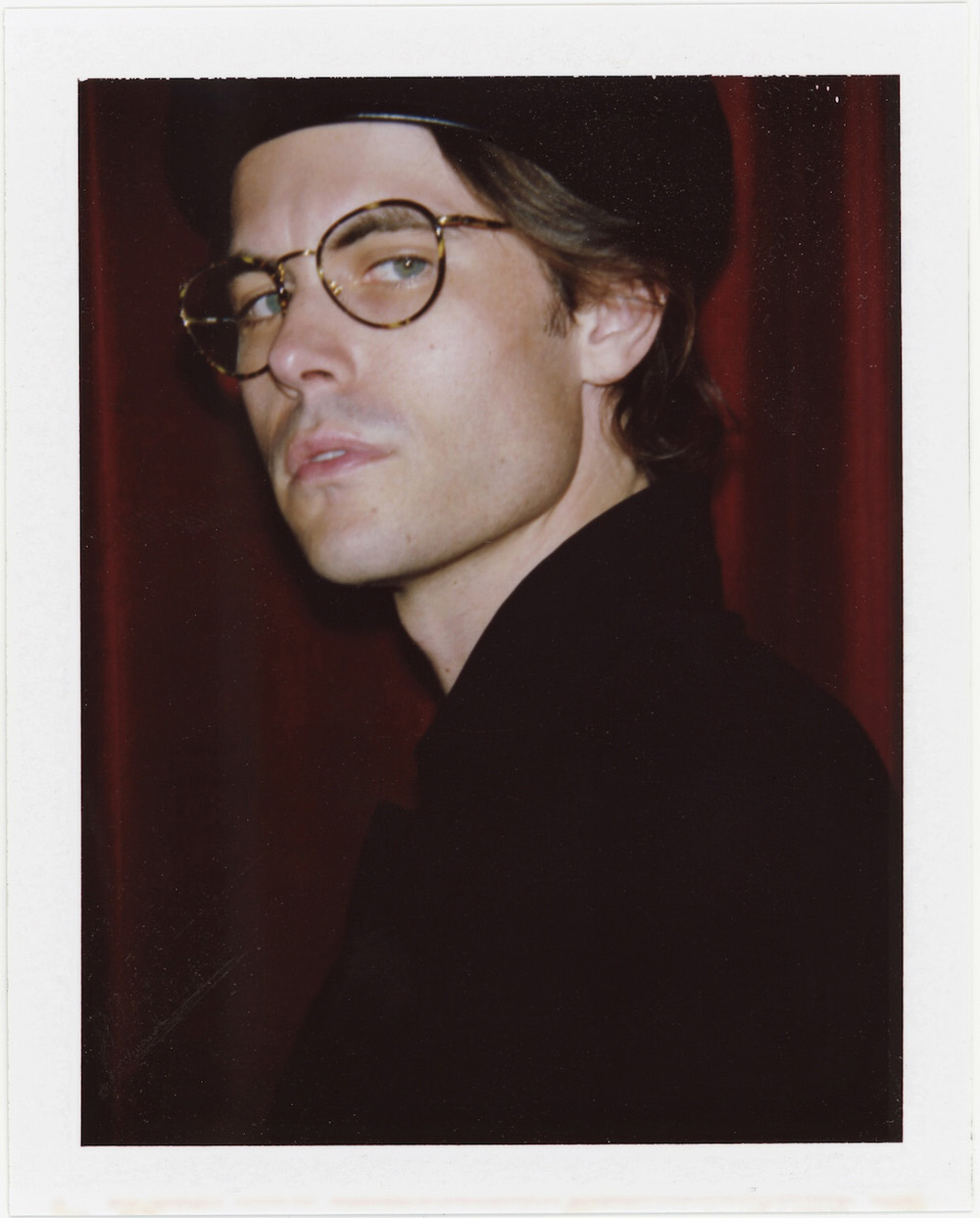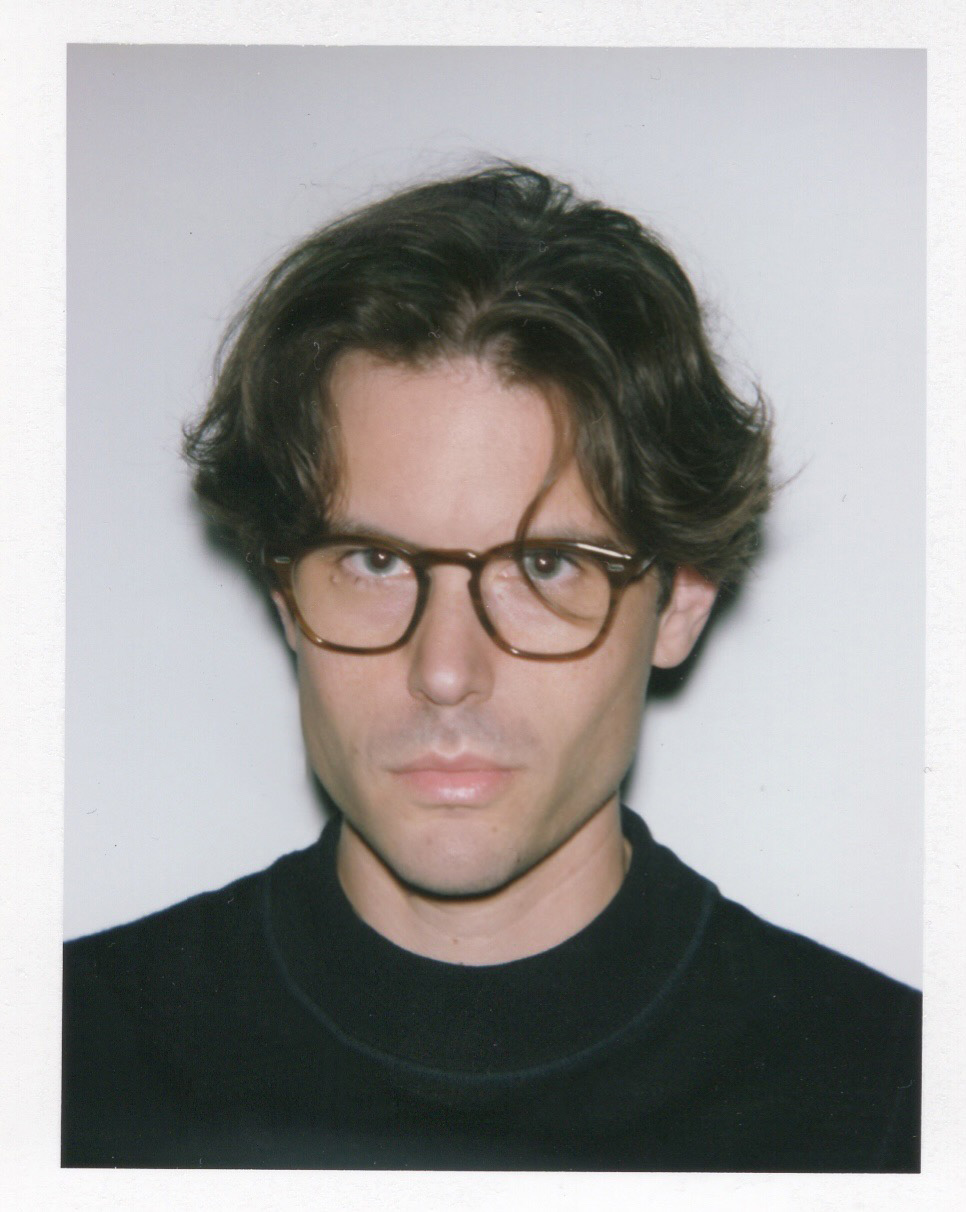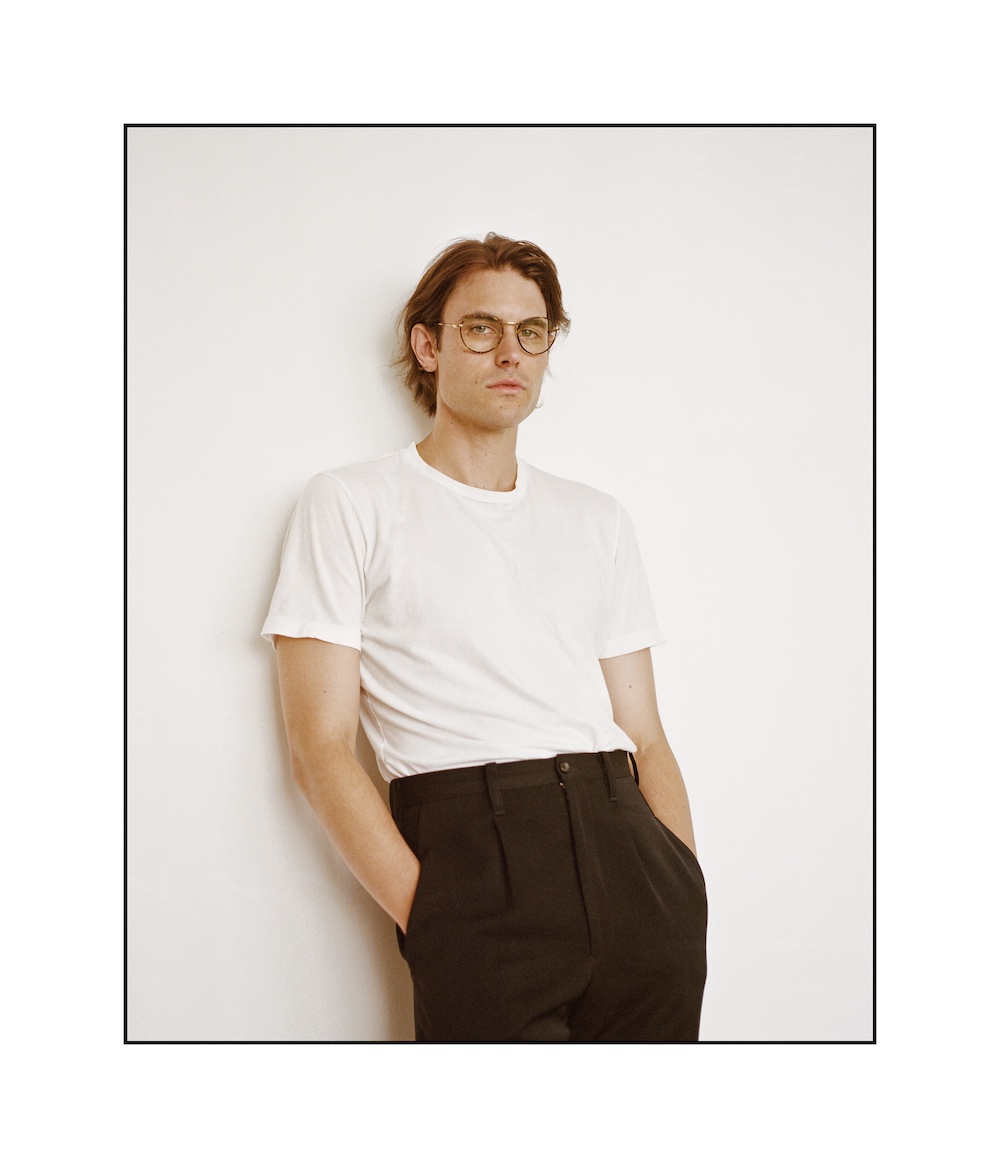Jonathan Hepfer is a percussionist, conductor, and the artistic director of Monday Evening Concerts, the longest-running classical, avant-garde and experimental music concert series in LA.
What has it been like reimagining your programming during the pandemic?
Over the past few years, I have had the pleasure of interviewing Éliane Radigue and conducting Yves Klein’s Monotone Symphony. The work of these artists taught me about the nature of purity of forms, reduction and absence. Radigue’s music is rooted in the tactility of masterfully sculpted sound, which of course, is itself immaterial. Klein’s work convinced me that painting, with all of its historical baggage, can be reduced: a) to single colors (monochromes); b) to a single color (blue); and c) to empty space (the void) while still completely retaining its “sensibilité,” or artistic/spiritual potency.
James Baldwin said that the artist should be like a lover: If you love somebody, you help them see things they are incapable of seeing themselves. A friend and mentor of mine, Hamza Walker always manages to do this for me. When I first visited him, I looked at Sol LeWitt’s work. But after discussing it with Hamza, I saw it.
These realizations led me to the conclusion that even if I can’t give concerts while physically sharing the space with other human beings, I want to use my curatorial faculties to help myself and others learn to see in this fashion. My resulting blog, Islands from the Archipelago, is a sort of public chronicle of my research interests. I’m trying to use this involuntary sabbatical to learn about new artists, and to find lesser-known works by well-known artists.
The blog is about unpredictable synapses firing, both for me and whoever might encounter these posts. When your synapses fire, looking becomes seeing. New ideas emerge in the process. Whether I am giving concerts or not, this has always been my objective.

Photo by Kacie Tomita.
One of the things I love about attending MEC is the seamless melding of mediums—music and language being the most potent. How do you think about this relationship?
Of course, our focus is indeed classical music. But there is something about the atmosphere, or attitude of the world of the visual arts that feels more conducive to the direction I’d like to see MEC go over the next few years. Éliane Radigue is more interesting when you understand her relationship to artists like Arman and Yves Klein. The same is true of Morton Feldman and Samuel Beckett, Butch Morris and David Hammons, Iannis Xenakis, and Le Corbusier. Art is more compelling when it speaks across disciplines.

Photo by Orion Carloto.
What are you most looking forward to when the world reopens for in-person programming?
Three things come to mind: seeing friends and loved ones in the lobby, intermission (my favorite part of concerts) and that indescribable haunting daze that sometimes comes after a special performance ends, and you don’t want to applaud or talk to anybody for a few hours—you only want to be alone with your thoughts. That would be my ideal response to every concert we give.


